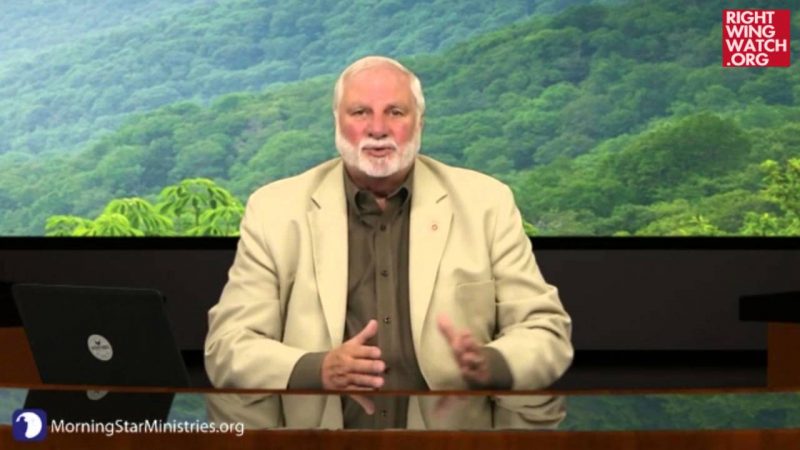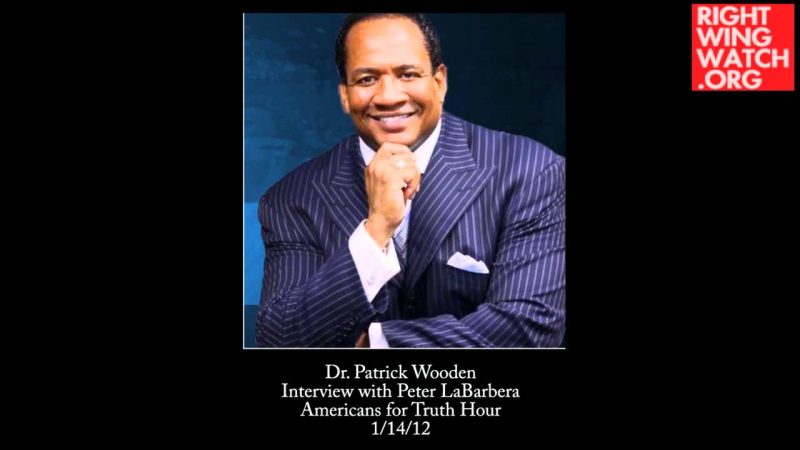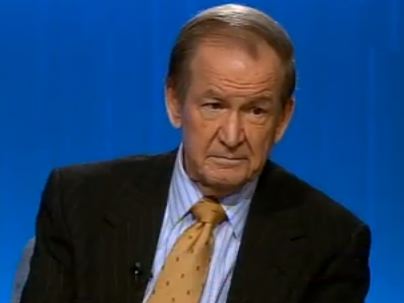A few years ago, Patrick Henry College was founded by right-wing homeschool advocate Michael Farris. The school’s mission is to “train Christian men and women who will lead our nation and shape our culture with timeless biblical values and fidelity to the spirit of the American founding” and has become quite successful in placing its students in internships in Washington, DC and earning itself the nickname the “Harvard for Homeschoolers.”
While PHC boasts that it is dedicated to “educating students according to a classical liberal arts curriculum, and training them with apprenticeship methodology, [and providing] academically excellent baccalaureate level higher education with a biblical world view,” World Magazine reports that it is facing internal problems about just how “liberal” its curriculum is allowed to be.
According to World, five of PHC’s 16 full-time faculty members have announced that they will not sign contracts to return next year over concerns regarding academic freedom
[Todd Bates’, professor of rhetoric and theology] original lecture began with a series of crucial questions: Out of all that can be known in contemporary society, “What are the most important things to know? Are these things worth knowing and other things not worth knowing? Are these things different for a Christian? . . . How do you decide?” His 22-page answer set forth Augustine’s hierarchy of knowledge, where an ordered study of liberal arts (such as music, grammar, and astronomy) can lead students from knowledge of “corporeal” or earthly things toward a knowledge of “incorporeal” or eternal things, and then ideally to the realization that since there is a created order, there must be a Creator.
The lecture referred once overtly to Scripture, not as an answer to the original questions Bates posed but as an impetus for many Christian thinkers who have thought deeply about life and knowledge. Farris complained; he later told WORLD, “If you are going to purport to answer ultimate questions, such as ‘what is it important to know’ and be faithful to a biblical worldview, the Bible has to be at the core of the answer. It doesn’t have to be the whole answer, but it has to be at the core. If you say you’re answering ultimate questions and leave the Bible out, there’s trouble.”
In another episode
Erik Root, professor of government, presented in class an ethics exercise called the “lifeboat example.” He asked the class to imagine that two people, lost at sea, were clinging to an inner tube, but the tube could only support one person, so someone had to let go. During the discussion, which included an exploration of writings by John Locke and Thomas Hobbes about the state of nature, one student quoted Jesus’s statement in the Gospel of John, “Greater love hath no man than this, that a man lay down his life for his friends.” Root responded, “Great, but that’s too simplistic. Can we flesh that out?”
The parent of that student, visiting the class that day, complained to Farris about Root’s response. Farris temporarily suspended Root’s 2006-07 contract, pending Root’s explanation …
The professors say Farris on numerous occasions publicly questioned their theological integrity, saying they had a “low view of Scripture.”
It seems as if Farris has been quick to interfere with professors who attempt to answer difficult philosophical questions in a manner he deems insufficiently biblical.






.jpg)

